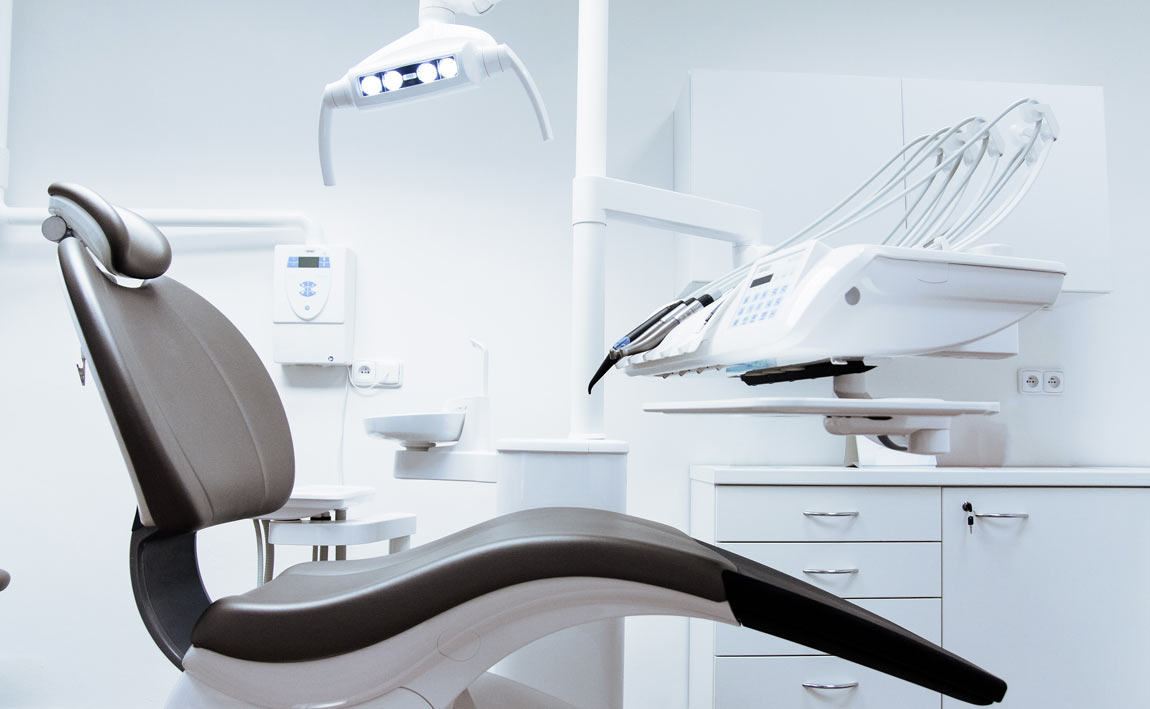
Posted on September 10, 2019
Since you were young, you have been educated on the benefits of going to the dentist regularly. You’ve been told that it will help prevent cavities and assist with keeping your teeth in excellent condition for years to come.
But did you know that a dental exam can save your life? Here’s everything you should know about oral cancer screenings and what to expect when the oral cancer exam is completed during your dental exam.
What is Oral Cancer?
Oral cancer describes any abnormal growth that starts in the cells of the mouth. Commonly found on the sides of the tongue, the floor of the mouth and lips, oral cancer has a higher mortality rate than breast cancer and prostate cancer.
Compared to other countries, including India, Pakistan and Taiwan, oral cancer occurs less frequently in Canada. Even so, many Canadians are affected annually by the disease. According to the Canadian Cancer Society, 7,500 Canadians were diagnosed with head and neck cancer, and it is estimated that 2100 Canadians died from the disease in 2022. In these statistics, oral cancer is not separated from head and neck cancer. Therefore, oral cancer screening is important!
How is Oral Cancer Detected?
Fortunately, oral cancer can be successfully treated if detected in the early stages. Your family dentist can help!
An oral cancer screening is typically completed in any routine dental exam. Completed in only five minutes, the screening consists of checking for any abnormalities including red and white patches and mouth sores. The tissues of your mouth will be felt for lumps, and your dentist will review your medical history and current health.
Sometimes, additional tests are completed. These include using a special blue dye and/or light to highlight abnormal cells and tissue in your mouth.
If your dentist notes an abnormality, a follow-up visit is typically arranged to see if there are any changes in the abnormality’s appearance or size. A biopsy may be completed by your dentist or a doctor who specializes in oral cancer to determine whether the cells are cancerous.
Outside of your dental exams, regularly check your mouth for sores or anything abnormal. Seek dental advice when necessary.
What Are the Risk Factors for Oral Cancer?
Although anyone can get oral cancer, factors that increase the risk include chewing tobacco, smoking, alcohol use, excessive sun exposure (particularly to the lip) and a diet low in fruits and vegetables.
Men are more susceptible to oral cancer, and people over the age of 45 are at a higher risk. However, an oral cancer screening will start much earlier during your oral exam as eary detection offers the best outlook for oral cancer.
Oral Cancer Screening - St. Catharines
Without an oral cancer screening, detecting oral cancer in its early stages can be difficult. Trained dental staff can notice subtle changes in the mouth and indications of oral cancer and other health conditions, increasing the chances of a cure.
An oral cancer screening is pain-free, fast and easy. It’s convenient, too, since you’re already at the dentist getting your teeth cleaned at your regular dental checkup!
If you haven’t been to the dentist lately, book an appointment with our St. Catharines dentists today. Regular oral cancer screening could save your life!
